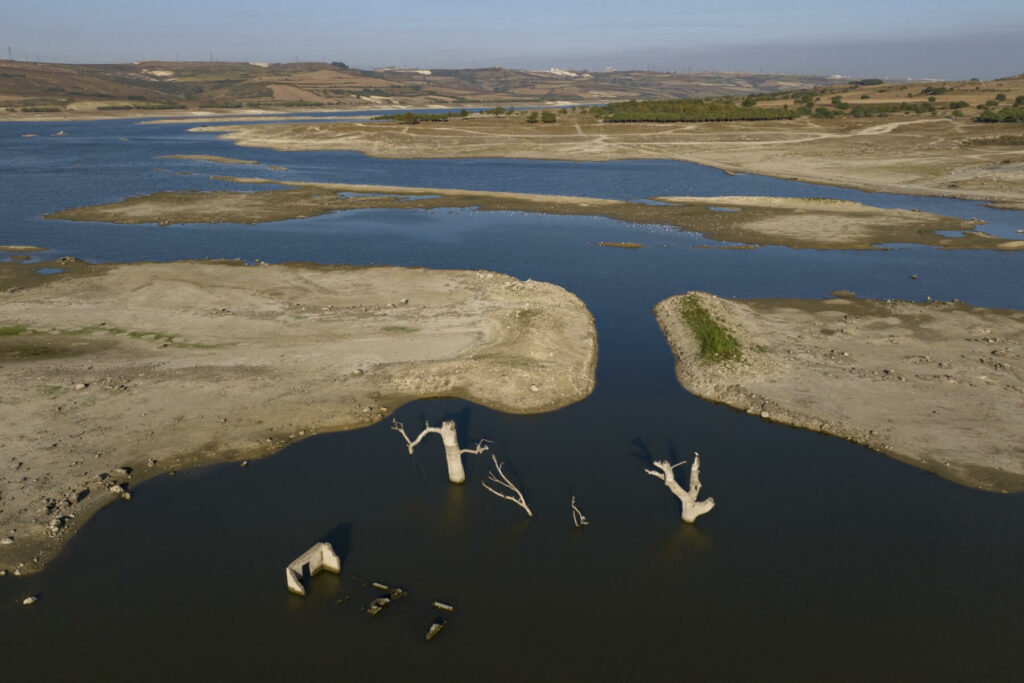Turkish Agriculture Minister İbrahim Yumaklı said the nation is on the brink of a severe water crisis, with projections indicating that by 2030 Turkey’s water availability will fall below 1,000 cubic meters per capita, the Gazete Duvar news website reported on Friday.
This alarming forecast places half of the population and 80 percent of irrigated agricultural areas in a dire situation, facing acute water scarcity, Yumaklı said.
The country’s decline in water availability is stark, with Levent Kurnaz, a climate expert at Boğaziçi University, highlighting the gravity of the situation in an interview with Arab Weekly in April. He notes that conditions in İstanbul are so critical that capping the city’s population might eventually become necessary.
The depletion of natural water resources further exemplifies the crisis. According to the Arab Weekly report, in the last two decades, 60 percent of Turkey’s 320 lakes have either shrunk or completely dried up, a consequence of uncontrolled urbanization, commercial activities and agricultural missteps.
A significant portion of Turkey’s water crisis is attributed to agricultural practices. As reported by the World Wildlife Fund in Turkey, 73 percent of the nation’s total water supply is currently utilized for irrigation, predominantly through inefficient surface irrigation methods. This approach leads to considerable water runoff and groundwater depletion.
Experts suggest that transitioning to more efficient irrigation methods, like drip irrigation, could cut water use by half, potentially saving the country approximately 38 billion cubic meters of water annually.

